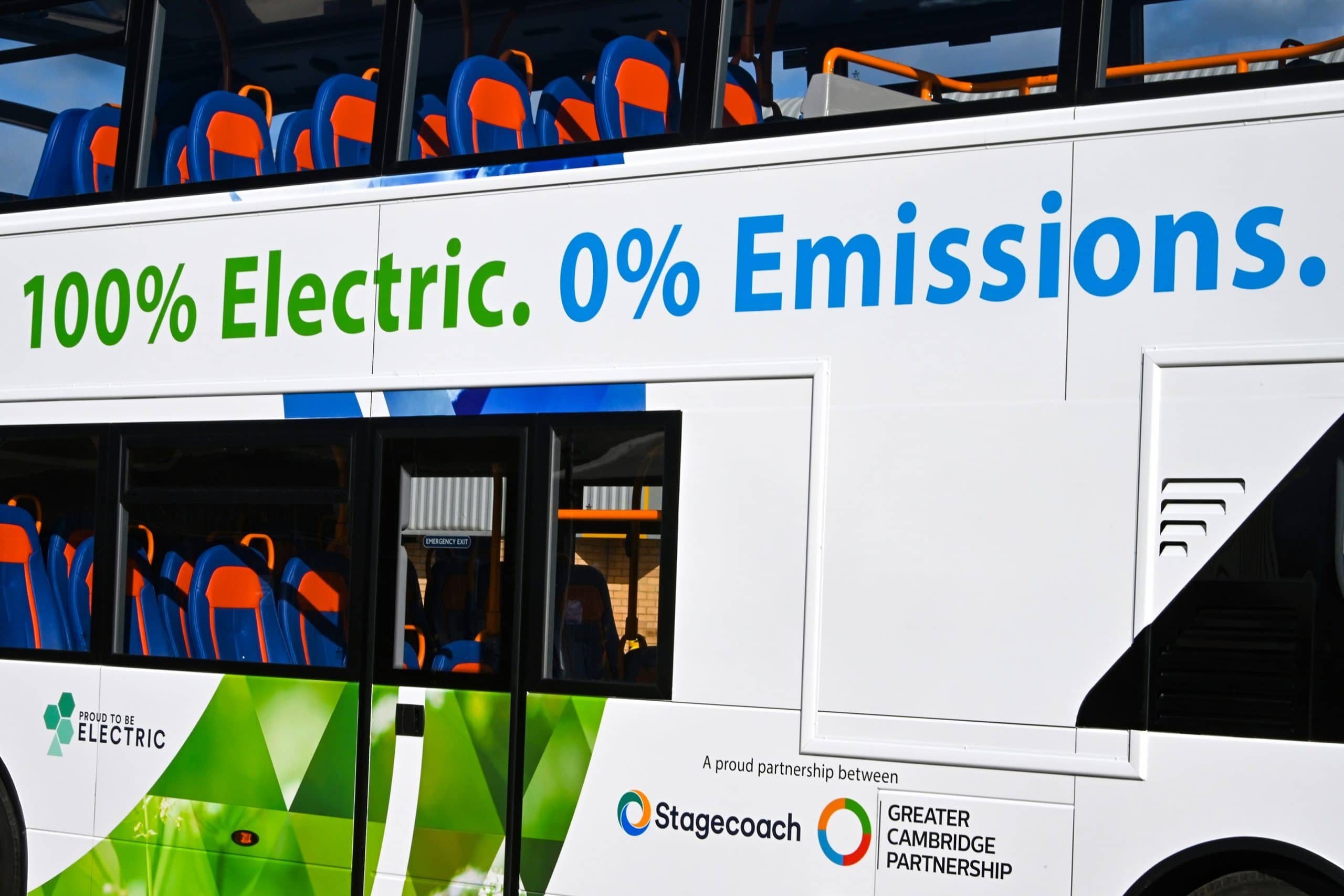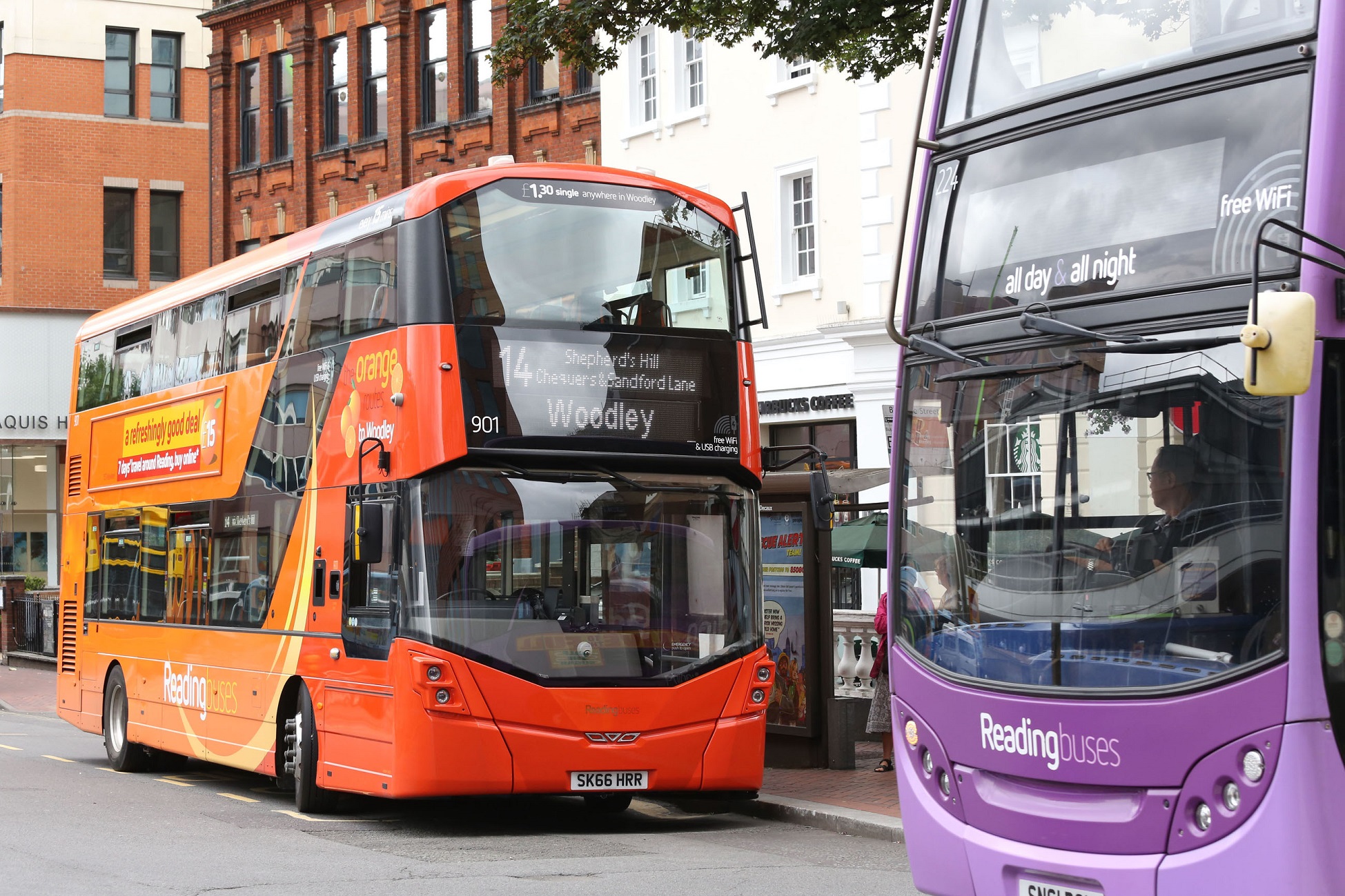Providing a significant opportunity for fleets to streamline their transition to electric vehicles, the Zero Emission Bus Regional Areas (ZEBRA) programme supports the UK government’s commitment to rolling out zero emission buses and charging infrastructure. The second round of the ZEBRA scheme is now open for applications with £129 million available, following the first round which funded 1,300 zero-emission buses.
With a data-driven approach, eligible fleets across the UK can be well-positioned to win funding from the ZEBRA scheme and take advantage of this unprecedented opportunity to expedite the shift to zero-emission vehicles and implement a net-zero transportation system.
The first round of funding showed how critical it is for local transport authorities (LTAs) to have a solid foundational knowledge and experience to guide the deployment of a zero-emission fleet, especially for larger ZEB projects. In particular, it became clear that the first order of business is to gain a thorough understanding of which routes, vehicles and depots would be best suited for electrification first, and use this information as the starting point for a funding application.
Honing in on these key details requires advanced data analytics and fleet modelling to create an informed fleet transition plan including:
- Route emulation
- Data from each route and schedule must be taken into account and analysed in a simulated environment to see how different electric vehicles would perform on specific routes and in various weather conditions
- Energy modelling
- A fleet transition plan should include analysis and forecasting of the future energy and power requirements that a fleet will need as it introduces zero emission vehicle technology and charging infrastructure. This is critical to determine if any grid infrastructure upgrades will be needed, and gain an educated understanding of projected energy costs to be expected over time
- Depot optimisation
- When planning a fleet transition to net zero it’s important to take depot and parking layouts into account, and consider how electric vehicles and charging systems will fit into the existing depot layout and optimise as needed
- Asset replacement plan
- An informed fleet transition plan provides concrete recommendations backed by data on the types of vehicles and charging systems that are suitable for the specific fleet application, including total cost of ownership (TCO) estimates.
A data-driven fleet transition plan not only increases the competitiveness of a funding application, it also helps optimise early deployments of zero-emission vehicles and infrastructure so they are aligned with future plans to scale, setting a fleet up for success down the line and avoiding costly procurement mistakes.
EVenergi is uniquely positioned to support your ZEBRA 2 application with our BetterFleet platform and improve its value proposition of the key application cases, e.g. Finance, Economic, Strategic, etc. Our approach to net zero is proven and tested extensively with authorities in the UK such as Transport for Wales, Transport for West Midlands, Transport for North East, Powys County Council and Leicestershire County Council.
Reach out to us at www.evenergi.com to discuss how we can help you meet the December 15th application deadline and be well-positioned to receive funding from the ZEBRA scheme.



























